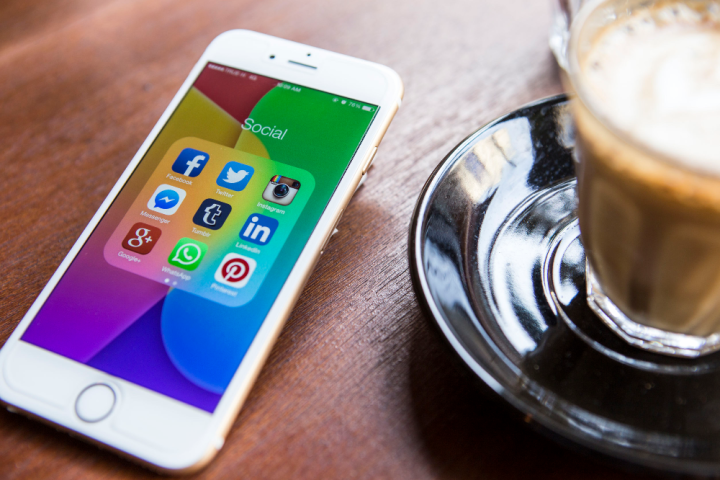
The study, published in the Journal of Cyberpsychology, Behavior, and Social Networking and conducted by assistant professor of psychology William Chopik, surveyed 591 retired participants with an average age of 68. Participants used social technologies such as Facebook, Twitter, Skype, online chatting or instant messaging, email, and smartphones.
According to the data, 77 percent of participants said they either thought that technology is not difficult at all or not very difficult to use. Furthermore, just over 95 percent said they were either very or somewhat satisfied with technology.
Other data points include 72 percent saying they were not opposed to learning new technology, just over 60 percent saying technology is a necessity, and around 75 percent saying technology is easily available.
Interestingly, the study drew a link between social technology use and physical and psychological health, with social technology use a solid predictor for lower levels of loneliness. In turn, lower levels of loneliness predicted better physical and mental health, hence the link.
More specifically, participants who used social technology generally had more satisfaction with life, fewer depressive symptoms, and fewer chronic conditions like diabetes and high blood pressure.
“As we know, close relationships with other people are a large determinant of physical health and well-being, and social technology has the potential to cultivate successful relationships among older adults,” said Chopik.
There are a few things to keep in mind about the study, the first being that it might benefit from a larger participant pool. A few hundred people seems like a lot, but it’s not the biggest sample size. Furthermore, correlation does not equal causation, so the study cannot go as far as concluding that social technology use definitely leads to better physical and mental health.
Finally, at the time of this writing, it is unknown whether other outside variables, such as quality of relationships with others, were controlled for. Digital Trends reached out to Michigan State for clarification regarding the aforementioned points and will update accordingly.


